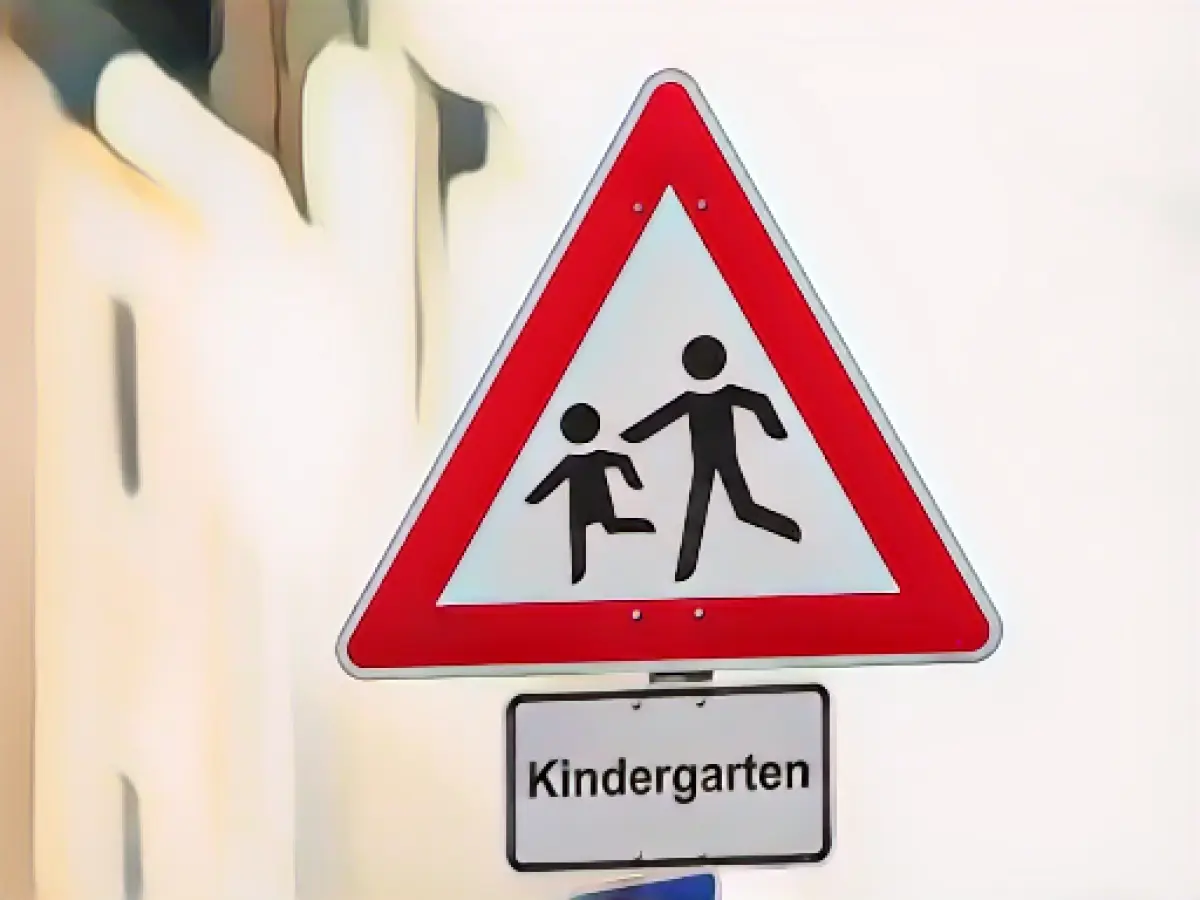Smaller Kindy Groups on the Table for Cabinet Discussion
It's time for a shake-up in kindergarten groups, according to the state cabinet, with a draft bill set to be discussed today (11 a.m.). The plan is to cut down the number of kids each teacher is responsible for, reducing the count from 15 to 14, with the changes due to be implemented from September 2024. The Child Day Care Act is set for an amendment to make this happen.
Critics, including scientists and the Bertelsmann Foundation, have long argued that kindergarten groups in Mecklenburg-Vorpommern are too large, often exceeding recommendations that teachers should look after no more than eight children aged three to six.
Elsewhere on the agenda is the financial turbulence facing the traffic light government in Berlin, with Finance Minister Heiko Geue (SPD) set to present the effects the Federal Constitutional Court's recent ruling has had on Mecklenburg-Vorpommern.
Tiny Kindergarten Teams for Better Results
The cabinet's proposed overhaul of the Child Day Care Act aims to introduce smaller kindergarten groups, with each teacher taking care of 14 children from September 2024. This is part of efforts to improve the well-being of younger children and ensure they receive the best possible care.
Experts advocate for kindergartens to cap their groups at eight children aged three to six, a recommendation backed by organizations like the Bertelsmann Foundation. Smaller groups allow for individual attention, strong teacher-student relationships, improved academic performance, and better social and emotional growth.
Expert Tips for Better Early Childhood Education
- Combine broad policies with targeted support. Enhancing staff-child ratios, providing targeted training, and employing specialist staff are essential to ensuring high-quality early childhood education and care (ECEC) for all children, particularly those from disadvantaged backgrounds.
- Prioritize high-quality ECEC. Investing in quality ECEC is a cost-effective way to foster children's cognitive, social, and emotional growth. It provides a solid foundation for their future schooling and contributes to reduced poverty risks and enhanced economic growth.
The Long Game
Phased implementation, addressing teacher shortages, and maximizing long-term benefits are key considerations in the plan to introduce smaller kindergarten groups in Mecklenburg-Vorpommern. The proposed legislation in New Mexico, House Bill 94, outlines a gradual rollout over three years. Addressing teacher shortages and investing in high-quality ECEC can attract new teachers and reap long-term benefits, including improved academic outcomes and reduced poverty risks.








